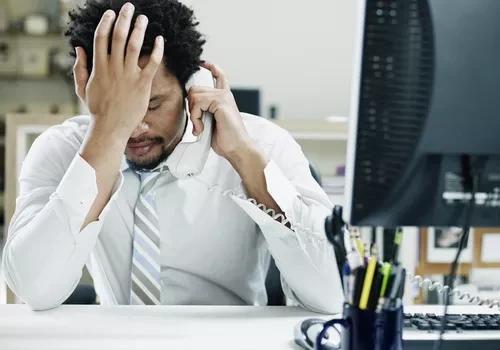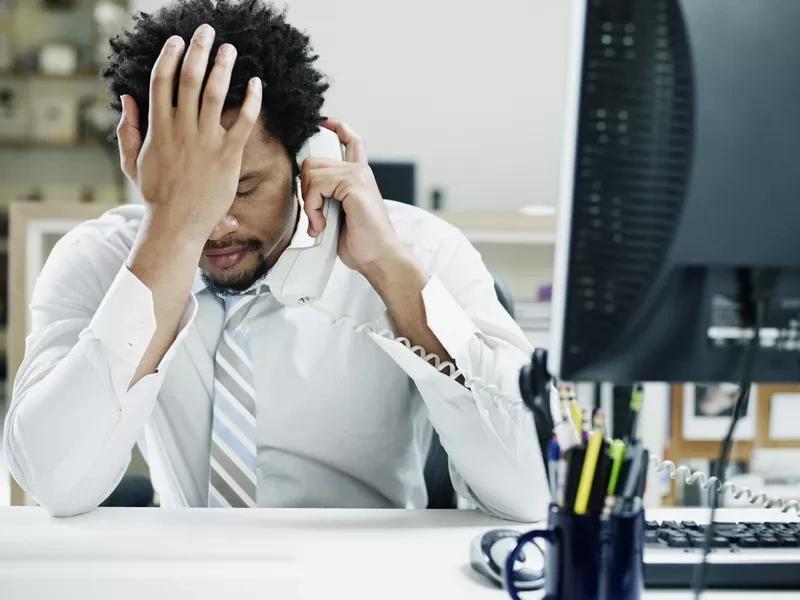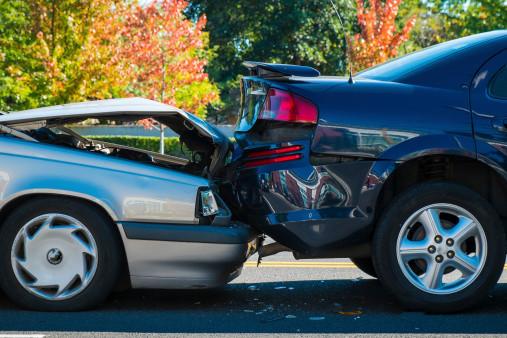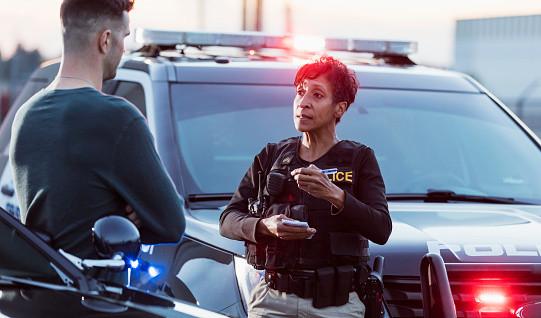How Does Misinformation Influence Our Memories of Events?
Curated from: verywellmind.com
Ideas, facts & insights covering these topics:
5 ideas
·564 reads
11
Explore the World's Best Ideas
Join today and uncover 100+ curated journeys from 50+ topics. Unlock access to our mobile app with extensive features.
The misinformation effect
The misinformation effect is when information received after an event interferes with one's memory of the actual happenings. Research shows that subtle details later on can dramatically change how people remember.
This effect shows how easily memories are influenced. It then questions the reliability of the memories of eyewitnesses to determine criminal guilt.
12
145 reads
Misinformation effect example
In a famous experiment, participants were shown video footage of a traffic accident. Then participants were asked several questions about what they had seen.
- Some participants were asked, "How fast were the cars going when they hit each other?"
- Others had a subtle word change introduced, "How fast were the cars going when they smashed into each other?"
When participants were asked a week later if they saw broken glass, the first group correctly answered no. The second group were more likely to believe they had seen broken glass.
11
125 reads
Misinformation effect theories
There are different theories why the misinformation effect happens, potentially leading to false memories.
- The original facts and information after the fact get blended together in a person's memory.
- Misleading information replaces the original memory.
- Since misleading information is more recent, it's easier to retrieve.
- The original details may not have been encoded into memory. Misleading information is then mixed into the mental narrative to fill the memory gaps.
11
105 reads
Factors influencing the misinformation effect
Factors that make it more likely that event happenings will be distorted and lead to false memories:
- Discussing the event with other witnesses. Conflicting reports might reshape or distort a witness's original memory of the event.
- Reading or watching news reports. People often forget the original source of information and believe they observed something personally when they really heard it in a news report.
- Repeated exposure to misinformation.
- The passage of time.
11
90 reads
How to reduce the misinformation effect
- One strategy is to write down your memory of an important event immediately after it happens. Keep in mind that subtle errors can still slip in and further cement them in your memory.
- Another is to be aware that your memory can be influenced and that everyone is susceptible to the misinformation effect.
If everyone is saying the same thing and it is different to what you remember, the misinformation effect may be at play.
11
99 reads
IDEAS CURATED BY
Joshua Phillips's ideas are part of this journey:
Learn more about psychology with this collection
The historical significance of urban centers
The impact of cultural and technological advances
The role of urban centers in shaping society
Related collections
Similar ideas
3 ideas
How Your Brain Can Create False Memories
verywellmind.com
13 ideas
Types of Cognitive Biases That Distort How You Think
verywellmind.com
4 ideas
Are memories reliable? Expert explains how they change more than we realise
theconversation.com
Read & Learn
20x Faster
without
deepstash
with
deepstash
with
deepstash
Personalized microlearning
—
100+ Learning Journeys
—
Access to 200,000+ ideas
—
Access to the mobile app
—
Unlimited idea saving
—
—
Unlimited history
—
—
Unlimited listening to ideas
—
—
Downloading & offline access
—
—
Supercharge your mind with one idea per day
Enter your email and spend 1 minute every day to learn something new.
I agree to receive email updates



